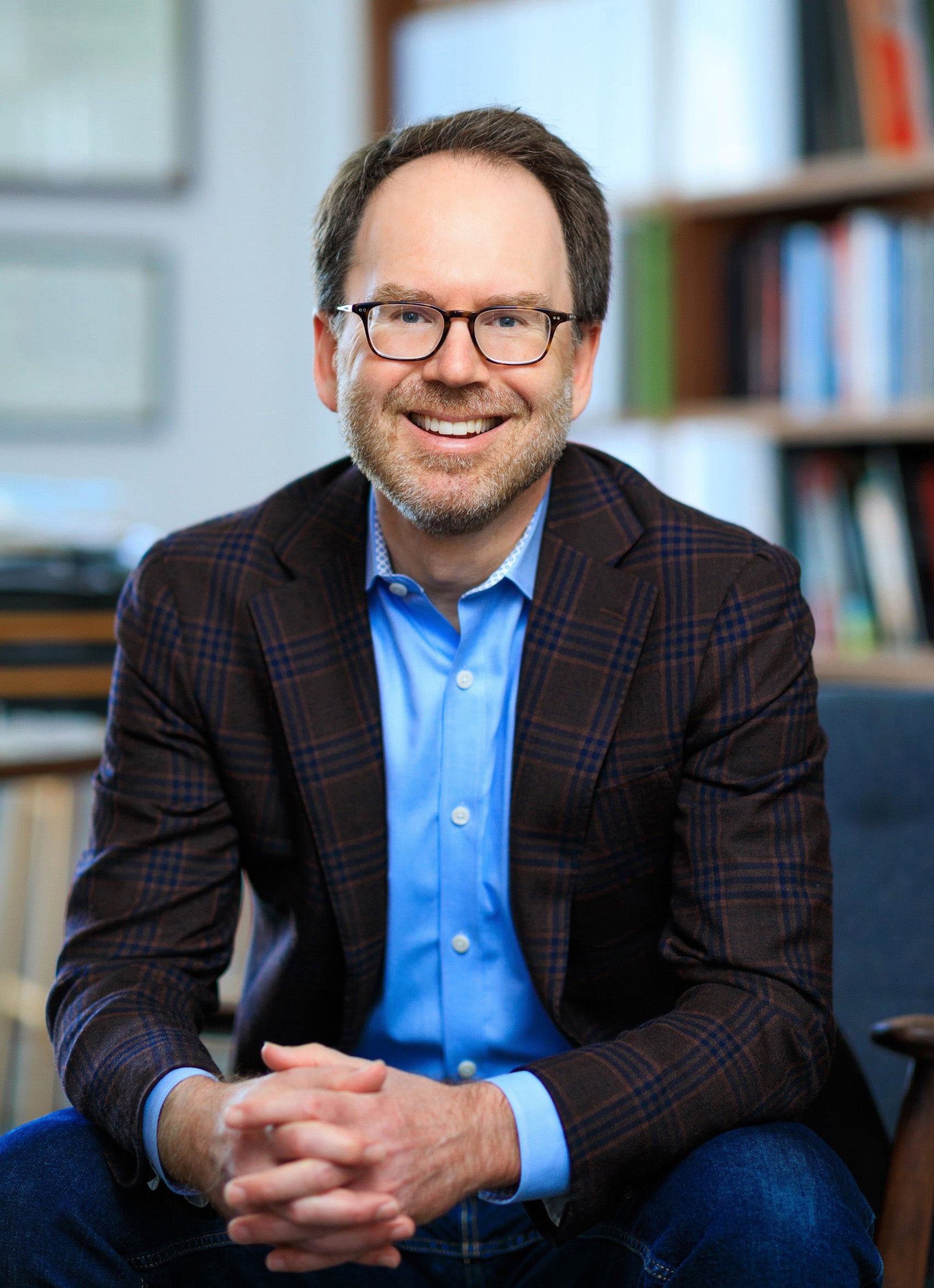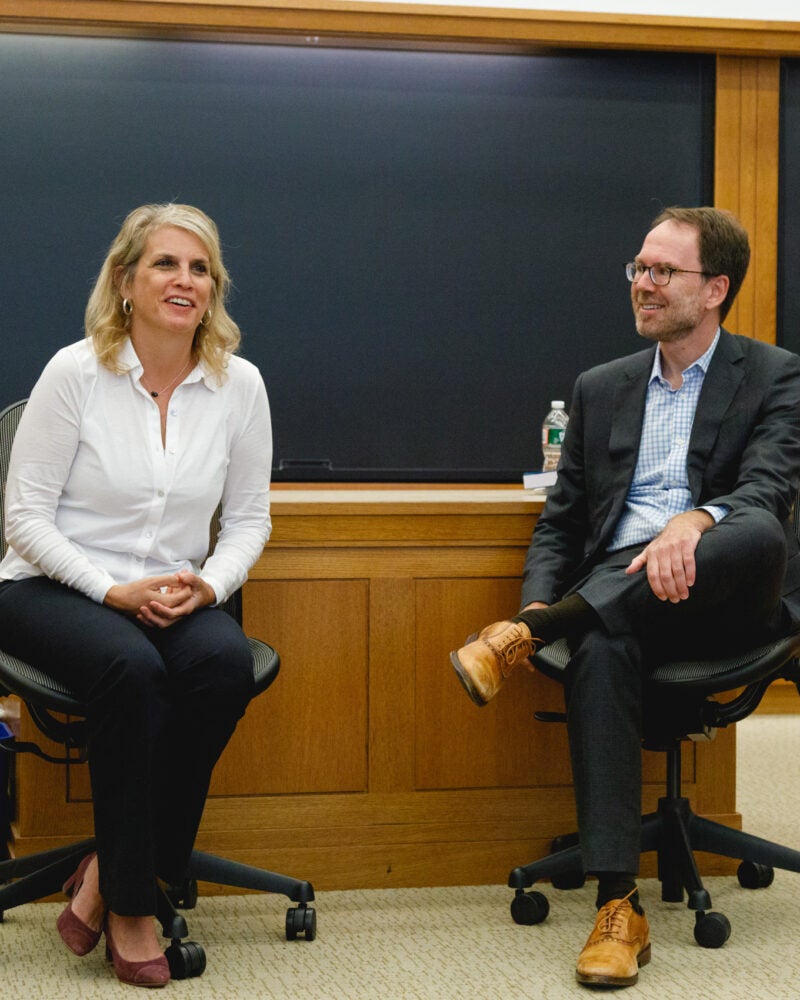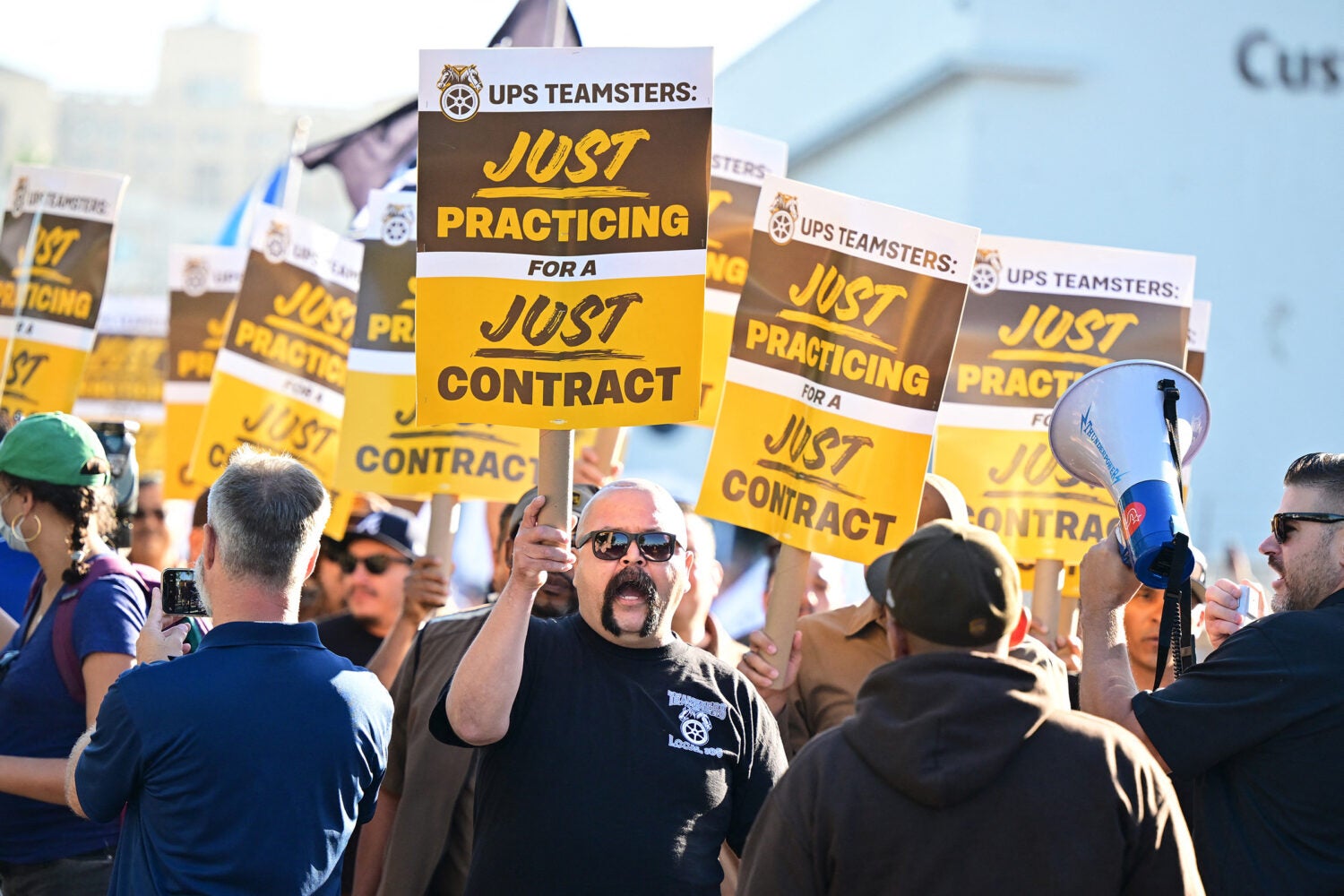The Barbie movie might be the talk of the summer, but it’s the people who wrote and acted in the blockbuster film — and the many other union members currently on strike in Los Angeles and across the country — who might wind up having the longer-lasting impact.
In L.A., the actors’ union is fighting alongside screenwriters for better pay and more control over how technology such as artificial intelligence is used in the television and film industries. Since June, 15,000 of the city’s hotel workers have also formed a picket line, asking for wage increases and initiatives that could improve access to affordable housing for employees. And a one-day strike by Los Angeles city employees in early August also sought improved pay and working conditions for sanitation workers, mechanics, and others.
Even beyond the City of Angels, the labor movement has been particularly active. Recently, the International Brotherhood of Teamsters approved a new contract for UPS drivers that featured pay raises for part- and full-time workers, among other concessions — a win that impacted more than 300,000 employees. And just last week, members of the United Auto Workers union gave its leadership permission to strike against the Big Three automakers if current contract negotiations fall through.
For Benjamin I. Sachs, the Kestnbaum Professor of Labor and Industry at Harvard Law School, it is an exciting moment. Sachs says the renewed energy by unions — led by young workers, in particular — “gives me a kind of optimism that I haven’t had in years.”
In an interview with Harvard Law Today, Sachs offered his thoughts on why the labor movement seems to be especially active right now, what union members want, and why he believes striking workers will see more successes this year.

Harvard Law Today: What do you make of all the labor activity we’ve seen this year, especially this summer?
Benjamin Sachs: I’m inspired by the courage and the commitment of these thousands of working people to stand up for a better life and a better country, and I’m optimistic that we’re seeing a change in the trajectory of the U.S. labor movement in a positive direction.
I think that there are a host of explanations for why we’re seeing an increase in organizing and strike activity. One obvious explanation is the tight labor market, which gives workers increased bargaining leverage. There is also the experience of the pandemic, where many workers, whether they were deemed essential or not, felt like they got the short end of the stick and were asked to sacrifice a lot in return for very little. They’re now standing up and asking for a more just distribution of the costs and benefits of economic life. A third explanation is that work is changing very rapidly for a lot of people. That has to do in part with technology. For example, with the actor and writer strikes, we’re seeing a lot of attention to AI and how it will impact their work. In the UPS strike, we saw a focus on surveillance technology. Another way that work is changing has to do with climate and the increasing impact of heat — a big issue in the UPS drivers’ near-strike was the lack of air conditioning in their trucks.
Finally, there’s a cultural gestalt factor, which is that support for unions is at its highest point in recent history and is especially high among young workers. I think a lot of youth and youthful energy is fueling the massive increase in organizing among graduate students, among young doctors, and just in the differential rates of support for unionization among age groups. There is a generational shift in the labor force that’s carrying with it the generational shift in approval for unions.
HLT: What wins have you seen for unions thus far this year?
Sachs: There have been a huge number of new union members organizing over the last year or two. Just as one example, the number of doctors in unions has grown something like 60 percent over the last two years. You’re seeing unionization among young doctors, including at the country’s premier hospitals such as Mass General Brigham, Montefiore, George Washington University, Stanford, and USC Keck, who have all won union recognition elections and by big margins in the last year or two. Their union — the Committee of Interns and Residents, has grown from 19,000 resident physicians and fellows to 30,000 in the past two years. Similar rates of growth are evident among graduate students in unions. This is a sign of a new generation of workers and new kinds of workers interested in and joining unions across the economy.
Another kind of win has to do with contracts. The Teamsters had authorized a strike at UPS, and they were prepared to go on strike. At the last minute, the company settled, and the contract, in my view, is exceptional. There’s a significant wage gain, something like 7.5 percent of starting wages. But the drivers also got air conditioning in the trucks, and a ban on surveillance cameras directed at drivers. These things are significant in and of themselves, but they’re also a significant win because of what they portend for future organizing by the Teamsters, for example.
I also think the win at UPS gives the Teamsters a really viable shot at organizing Amazon drivers. Amazon drivers, of course, are concerned with wages — and the differential between what a UPS driver will make and what an Amazon driver will make is stark. But it’s not just the wages; it’s also about working conditions, including air conditioning and surveillance as well. The surveillance of Amazon workers and drivers is intense, and if a union can step in and alleviate some of that invasive surveillance, that will matter a lot to Amazon workers. It makes me optimistic that finally that corporation will unionize.
HLT: Have there been any setbacks or losses for labor in the past year?
Sachs: Yes, certainly. The Starbucks campaign is a complicated story. In part, it’s a story of inspiration. Again, you have a new type of worker — younger workers — winning campaigns in a corporation that we thought would never see unionization. Today, hundreds of Starbucks shops have unions. The problem is none of them have collective bargaining agreements. But that’s a story not about the failure of the organizers or of the workers; that’s a story about the failure of labor law.
That’s because what we’ve seen over and over again, at Starbucks and elsewhere, is that corporations that are willing to violate the law flagrantly can avoid their commitment to the democratic will of their labor force. Starbucks workers want a union, they want a collective bargaining agreement, but Starbucks is succeeding in avoiding that legal obligation by violating the law — and that’s a setback. The full Starbucks story has not been written. But it should not be this hard to get a collective bargaining agreement, and again, that’s a failure of labor law. It’s for this reason that our Center for Labor and a Just Economy is working to develop ways to rebuild American labor law.
HLT: Unions are diverse and have different needs, but are there some common concerns among employees across industries right now?
Sachs: The thing that workers most often want is dignity and fair treatment. We’ve seen that in what the workers are demanding in their contract negotiations, what they’re striking for, and what their leaders are saying. That’s a bit intangible, but at the bottom of many union campaigns is a desire for dignity.
In addition to that, workers need fair pay, and we are seeing a lot of contracts getting negotiated with significant wage increases. One window into this is the California strikes this summer — the writers, the actors, the teachers, the hotel workers — and a lot of what’s fueling that is the high price of housing, requiring workers to earn more just to keep their homes. That’s common not only across California, but across much of the country. So, workers want raises to keep up with housing costs and inflation more generally.
And again, there are climate-related concerns that are common across a lot of these contracts, as well as technological-related concerns. How will workers and their unions and their employers respond to the displacement of existing employment that AI causes? We’re also seeing the increased capacity for surveillance and the intensification of work that comes through technological advances as an issue that unions want to address. And really, the main ask is that workers have a voice in determining how technology impacts their lives, as my colleague Sharon Block puts it, technological change happens with workers, not just to them.
HLT: Has anything about this year’s strikes, or the labor movement in general, surprised you?
Sachs: I think if you spend enough time in labor law in in the U.S., it’s hard not to get pessimistic. And when the Amazon workers courageously fought for and lost their union election in Bessemer, Alabama, I think a lot of us became pessimistic. But the labor movement has recently given us reason to be optimistic. The courage and resiliency of union members, workers who are trying to form unions, and workers who are striking, gives me a kind of optimism that I haven’t had in years. In a sense, I’m not surprised. I understand what’s at stake, and it makes sense that we’re seeing this resurgence. But I’m optimistic in a way that I haven’t been recently that we may be starting to see transformative change, both in the labor movement, and as a result of that change, in our economy and our politics more broadly.
HLT: What do you think we can expect from the labor movement in the upcoming months?
Sachs: In my view, organizing and collective action follow self-reinforcing dynamics of success and failure. Success breeds success, and I think that we’re going to start to enter a cycle of success: UPS workers showed that they were committed and ready to strike. They won an incredible contract affecting 300,000 workers — maybe they will organize Amazon, and if that happens, who knows what comes next. And so, I’m optimistic and hopeful that we’re going to enter into a virtuous cycle of union wins.

Center for Labor and a Just Economy
Learn more about the work Sachs and his colleagues are doing to fight for safer, more equitable labor policy.
The Center for Labor and a Just Economy (CLJE) at Harvard Law School is a hub of collaborative research, policy, and strategies to empower working people to build an equitable economy and democracy.
Want to stay up to date with Harvard Law Today? Sign up for our weekly newsletter.
